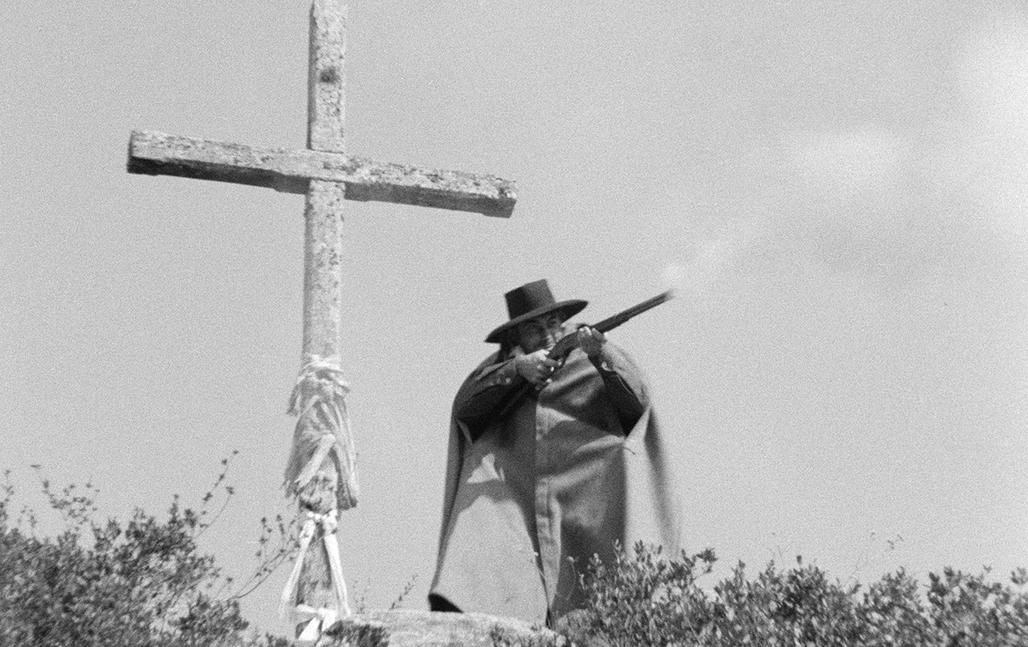
1964: Glauber Rocha shook up Cannes with The Black God, White Devil

Glauber Rocha symbolised Cinema Novo, a new cinematographic language, as audacious as it was liberated. The world discovered this novel universe in 1964, in Competition at Cannes, with his second feature film Deus e o Diabo Na Terra Do Sol (Black God, White Devil). Cannes Classics pays tribute to this masterpiece presented in a restored version
This epic fable is full of energy. It came out of the blue and seemed utterly novel when festival-goers discovered it in 1964. Winner of the International Critics' Prize, Black God, White Devil is both seductive and disorientating. The story is about a couple of poor peasants who are prepared to compromise themselves to get by. They rely in turn on two mystical characters, one an incarnation of God and the other of the Devil.
Two months before the Cannes screening of Deus e o Diabo Na Terra Do Sol, Brazil is shaken by the military coup that led to a dictatorship for the next two decades. It was the beginning of a dark period and Rocha's cinema acted as a harbinger.
“People live in violence, but are not aware of it. For this reason perhaps, I seek to make a cinema that is a kind of total aggression.”
With this film, Glauber Rocha affirmed his desire to reconstruct a Brazilian culture through his cinema, following the example of the French New Wave. Eager to explore new narratives, he constructed rich frames, used documentary images and did not shy away from hyper dynamic editing. Social realism, precariousness and oppression were recurrent themes. His methods turned him into the spokesman for Brazilian Cinema Novo.


